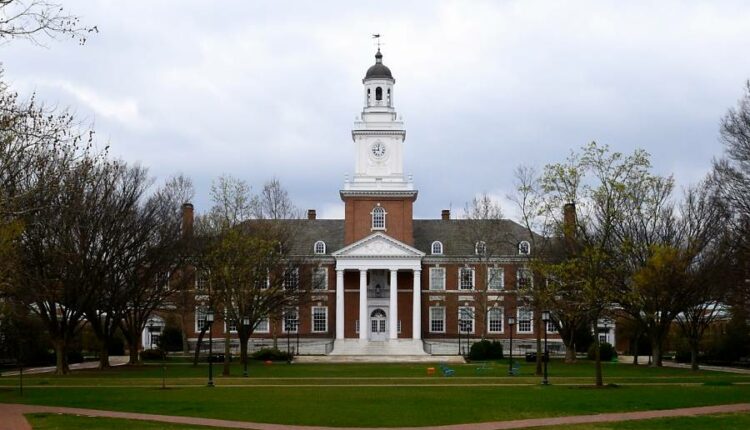Johns Hopkins University: Johns Hopkins Investigators Win Life Sciences Award for Astropath Cancer Mapping Technology
Johns Hopkins astrophysicist, Alexander Szalay, Ph.D., and Kimmel Cancer Center pathologist Janis Taube, M.D., M.Sc., received a Life Sciences 2021 award for AstroPath at this year’s Falling Walls Science Summit, an international event honoring research breakthroughs from across the globe.
The Johns Hopkins submission titled “Breaking the Wall to Mapping Cancer Using Multispectral Microscopy” was selected from hundreds of entries for the AstroPath platform design. AstroPath is a new, comprehensive platform for imaging and mapping microscopic sections of tumors to identify and validate predictive biomarkers to guide precision immunotherapies for cancer.
“It’s a convergence of scientific technology, big data and astronomy — aimed at curing cancer,” says Szalay, Bloomberg Distinguished Professor of Physics and Astronomy and Computer Science, and director of the Institute for Data Intensive Engineering and Science at The Johns Hopkins University.
“Biomarkers are essential to understanding individual cancer signatures. Using this spatial mapping approach, we can better determine which patients will or will not respond to a cancer therapy. Our long-term goal is to match individual patients with personalized therapies,” says Taube, professor of Dermatology and director of the Division of Dermatopathology at the Johns Hopkins University School of Medicine.
The foundation of the AstroPath platform is the database for the Sloan Digital Sky Survey, a 3D digital map of the universe architected by Szalay. “In astronomy we often ask, What is the probability that galaxies are near each other? We apply the same approach to cancer — looking at spatial relations in the tumor microenvironment. It is the same problem on a vastly different scale,” he says.
Just as the Sloan Survey maps the cosmos on an astronomical scale, AstroPath maps tumor cells on a microscopic scale.
“Who would have thought techniques from astronomy would end up saving lives?” Szalay concluded.

